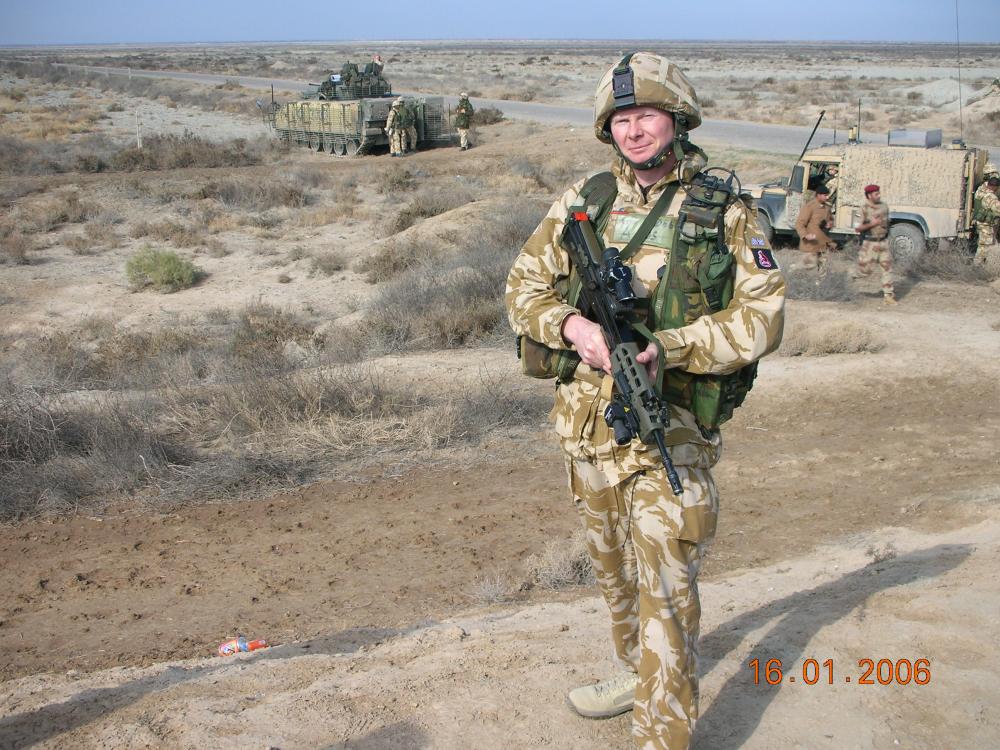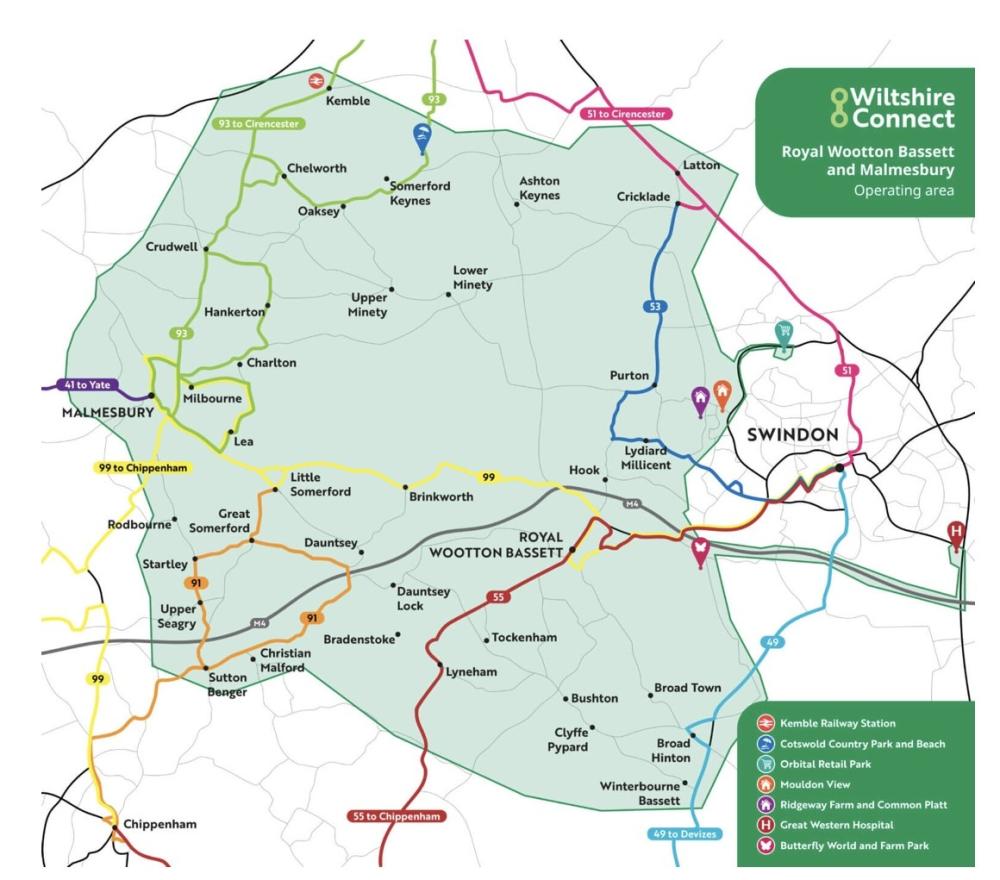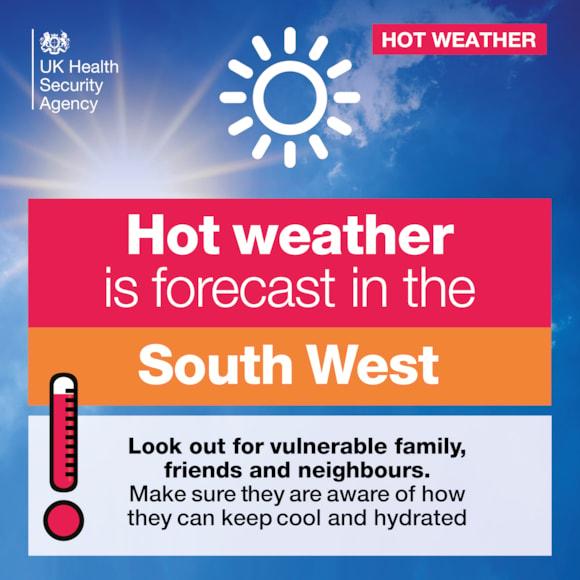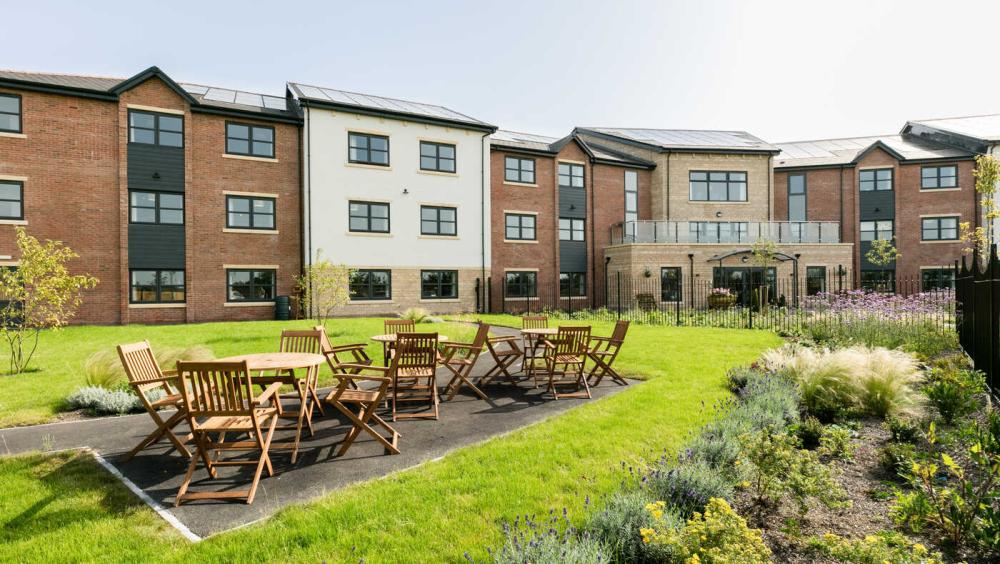A new UKHSA study shows the RSV vaccination programme has already achieved a 30 percent reduction in hospital admissions in older people in England as the roll-out continues.
Early data from the roll out of the respiratory syncytial virus (RSV) vaccination programme in England show it is making a significant reduction to hospital admission rates in older people, a new analysis by the UK Health Security Agency (UKHSA) shows. The analysis was published as a research letter in the Lancet.
The findings indicate 30 percent fewer hospital admissions in 75-79 year olds, who are eligible for the vaccine under the new programme, than would have occurred without vaccination.
This was seen after around 40 percent of eligible older people took up the vaccine offer in England this winter, and the impact is expected to increase with further vaccine uptake.
In the South West (up until the end of January 2025), 51.9 percent of eligible adults had received the vaccine.
The findings, researchers say, demonstrate the effectiveness of the RSV vaccine in UK older people following the programme's launch in September 2024.
The UKHSA analysis used data from age groups either side of the vaccine programme to work out what the expected rate of admissions would be in 75-79 year olds, if there hadn’t been a vaccine programme. UKHSA will also be evaluating infant RSV admissions prevented by the maternal vaccine programme.
Dr Alasdair Wood, Consultant in Health Protection at UKHSA South West said: “RSV can be severe in older people, causing serious lung infections like pneumonia and flare-ups of existing conditions. If you’re eligible, there is good evidence it will help give you protection.
“Around half of eligible adults in the South West have already had the vaccine, if you’re eligible, speak with your GP practice about how you can get protected.
"Our analysis clearly demonstrates the excellent benefit of RSV vaccination for older people in avoiding severe illness, with a direct impact on reducing hospital admissions.
"We are still in the early stages of the RSV programme roll out and the benefits will increase as more people take up their vaccine, including those newly turning 75. These positive initial findings highlight why it's so important for eligible older people to come forward and protect themselves.
“Pregnant women should also take up the RSV vaccine to give their baby vital early protection. We encourage pregnant women to contact their maternity service or GP surgery to book an appointment in week 28 or as soon afterwards as possible.”
Since launching on September 1, the RSV vaccination programme for older people has reached more than 50 percent of those eligible through the catch-up campaign. However, with more than 1 million yet to receive their vaccination, there is still significant opportunity to increase protection across the population.
Prof Wei Shen Lim, consultant respiratory physician Nottingham University Hospitals NHS Trust and JCVI Deputy Chair, said: “Older people admitted to hospital with respiratory infections due to RSV may become severely ill, to a similar extent as those admitted with flu.
“The RSV vaccine provides a high level of protection against being hospitalised and this protection is expected to last more than 12 months.
“I strongly encourage all those who are eligible to take up the offer of the RSV vaccine ahead of next autumn, if they have not already done so.”
Preliminary analysis from the Hospital-based Acute Respiratory Infection Surveillance System (HARISS) being presented by Wei Shen Lim at the UKHSA conference shows that around one in 10 older people admitted with either RSV or influenza die within 30 days (11 percent of RSV patients and 9 percent of influenza patients, statistically equivalent; data from winter 2023-24).
Minister for Public Health and Prevention Ashley Dalton said: “These results from our RSV vaccination programmes are incredibly encouraging.
“This safe, effective and free vaccine for pregnant women and older adults is already protecting more than a million people from this potentially deadly disease. With 50 percent of eligible older adults now protected, we're making good progress - but I urge those who are eligible but haven't yet come forward to get vaccinated.
“The evidence is clear: this vaccine works and is helping protect vulnerable groups while reducing pressure on our NHS."
Steve Russell, NHS National Director for Vaccinations and Screening, said: “These findings demonstrate the success of the NHS’s first ever RSV vaccine rollout and reinforce just how important it is for those eligible to get their jab, as it is preventing people getting seriously ill and ending up in hospital.
“More than 1.5 million older people have been vaccinated so far since the rollout was launched in September, and we continue to work hard to reach anyone who has not yet had the jab, with around 1.3 million invites being sent out last month and tens of thousands of people coming forward each week.
“If you have been invited but haven’t yet taken up the offer, please get vaccinated as soon as possible – for older people, it can prevent you developing a severe illness like pneumonia and even save your life, while for pregnant women, it is the best way to protect your baby from getting seriously ill with RSV.”
Emerging evidence from other countries about a maternal RSV vaccination programme, similar to that launched last September in the UK which aims to protect infants from RSV, has also shown a clear benefit.
A major 2024 study in Argentina, one of the first countries in the world to introduce a maternal vaccine, shows a 70 percent reduction in RSV hospital admissions in infants up to six months of age in mothers vaccinated during pregnancy. Data about the impact of the maternal programme in England will be published by UKHSA later this year.
Of women giving birth in England in October, UKHSA data from GP systems shows that 39 percent had received an RSV vaccine. The vaccine is offered from week 28 of pregnancy. Eligible women who have not yet been vaccinated are encouraged to contact their maternity service or GP practice to arrange an appointment.
The UK Health Security Agency (UKHSA) is an executive agency sponsored by the Department of Health and Social Care, which prepares for and responds to infectious diseases, and environmental hazards, to keep all communities safe, save lives and protect livelihoods.
It provides scientific and operational leadership, working with local, national and international partners to protect the public’s health and build the nation’s health security capability.








Your Comments
Be the first to comment on this article
Login or Register to post a comment on this article